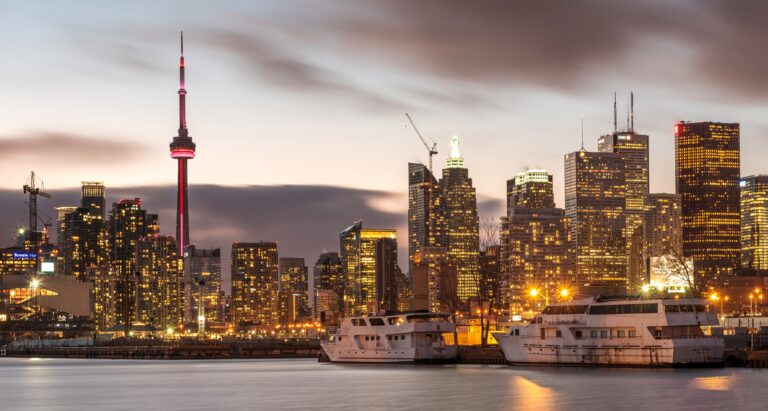As the coronavirus pandemic batters financial markets and hurts economies, it will probably slow immigration into the United Kingdom over the next few months. But delays in application approvals will likely be temporary, although it is hard to estimate at this stage when work schedules will return to normal.
Prime Minister Boris Johnson provided some guidance last week of a timeline, saying that the U.K. could turn the tide of the disease in 12 weeks if citizens adhered to restrictions outlined by the government. Still, others warned that social distancing norms and the shutting of schools might be needed for at least half of the year to control the spread of the virus and to help institutions to cope.
China’s experience with COVID-19 is also illustrative. The country imposed a lockdown in Wuhan, the epicentre of the disease on 23rd January and in several other parts of the country thereafter. Two months later, by 20th March, the world’s second-largest economy had succeeded in reducing new infections to zero. Of course, the lockdown was severe and western democracies may find it hard to duplicate those restrictions with the same intensity.
While the U.K. government has unveiled more than 30 billion pounds in spending to soften the impact of the virus as well as imposed social restrictions, it is likely that staffing at most institutions will decline over the next few weeks. A large proportion of the workforce will be forced to work remotely, which will probably slow the movement of immigration applications through approving bodies.
But more than ever before the U.K., the world’s sixth-ranked economy, needs capital and enterprise to cope with a slowdown, triggered first by Brexit and now the pandemic.
Grabbing a greater share of the global revenue from investment immigration programmes will certainly help bolster its finances. These programmes generated $12.4 billion in funding for recipient countries in 2018, according to a 2019 report by imidaily.com. Flows increased at a compound annual rate of 23.4% since 2011 and 2018.
The U.K.’s Tier 1 Entrepreneur programme, that allowed immigration through investment until last year, helped raise $1.9 billion for the country in 2018 from 376 applications. It is crucial now that the new Innovator programme that replaced it in 2019, improves upon that figure.
The economic environment though will be challenging. The shock from the coronavirus pandemic will probably push the global economy into a recession, if it hasn’t already. There is some solace though in evidence that in several such past shocks — SARS in 2002, the 1968 H3N2 “Hong Kong” flu, the 1958 H2N2 “Asian” flu, and the 1918 Spanish flu — the impact was short-lived and economies staged a V-shaped recovery, according to a Harvard Business Review report earlier this month. In a V-shaped recovery, growth returns to the trend rate within about two quarters.
Still, some of the changes forced upon by the pandemic, may be long-term and throw up new business possibilities. Working from home and from remote locations as well as education delivered over the internet are trends that could accelerate. Global supply chains may need to be reconsidered and could shift to using greater local content. Some business plans may also need to be recast to accommodate the new realities. In all of these trends, there will be new business opportunities.
In these changing times, the experienced team at Runfree Immigration can find you the most appropriate immigration solution to fit your ambitions. Please get in touch for an initial conversation to see how they can help.


